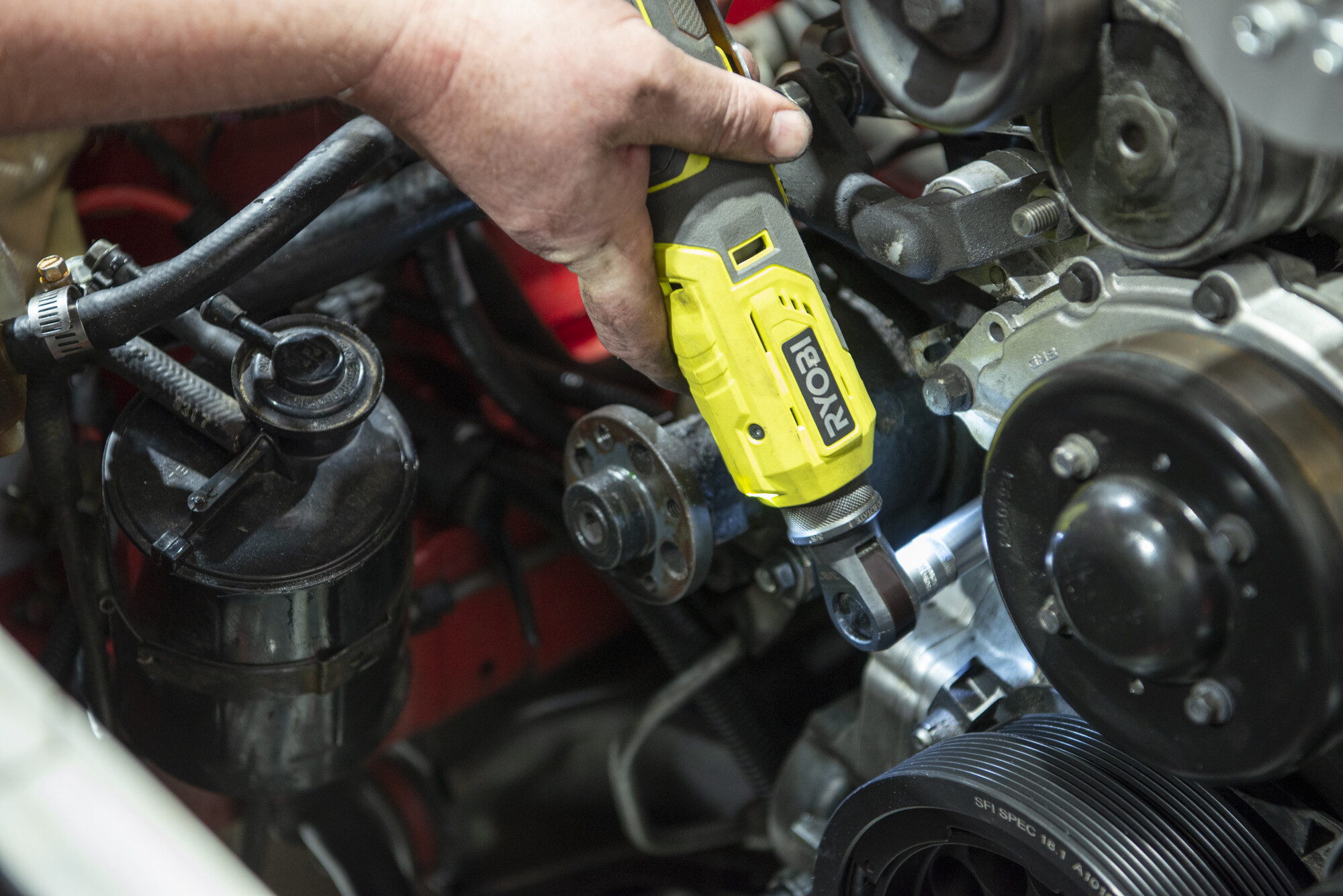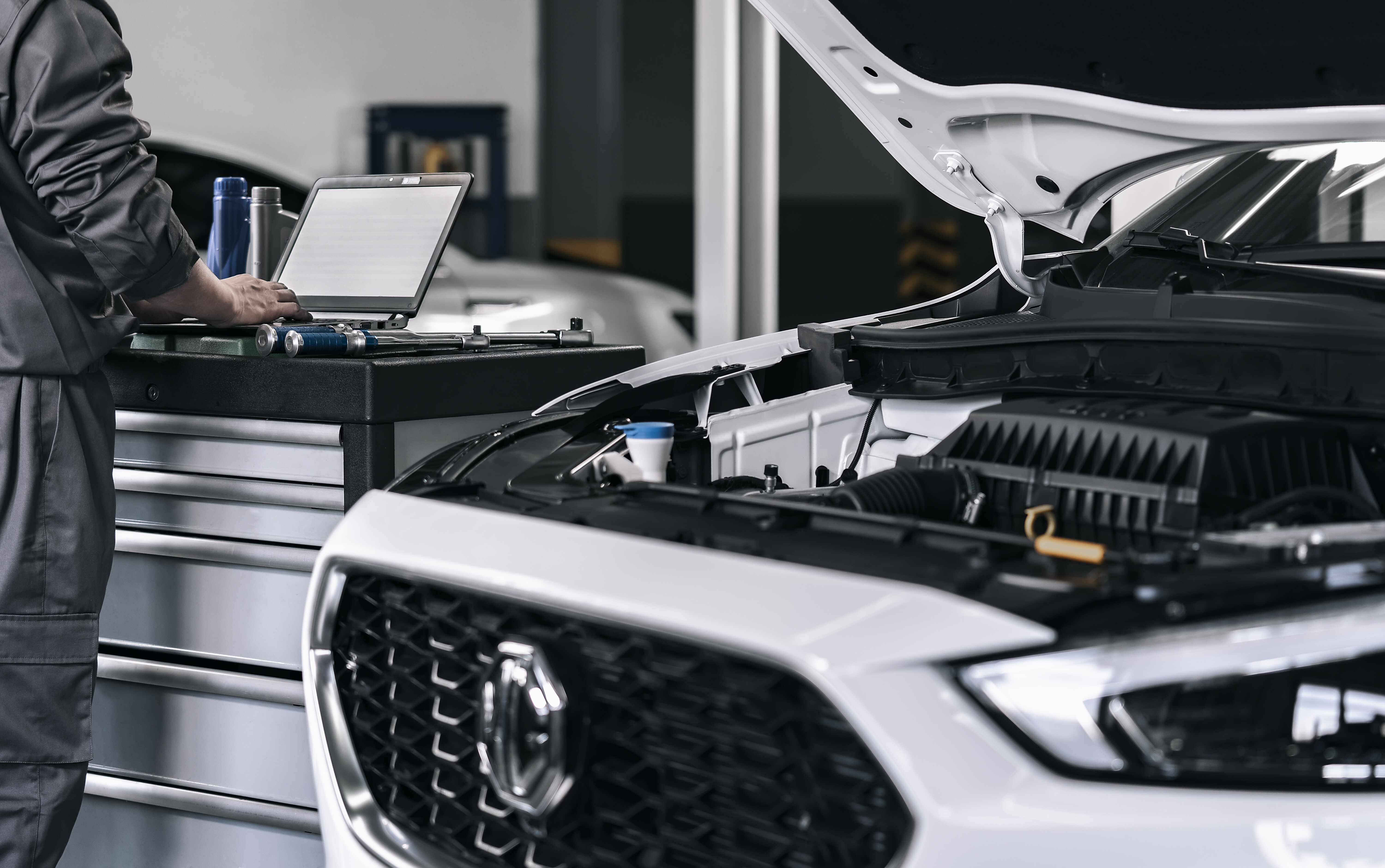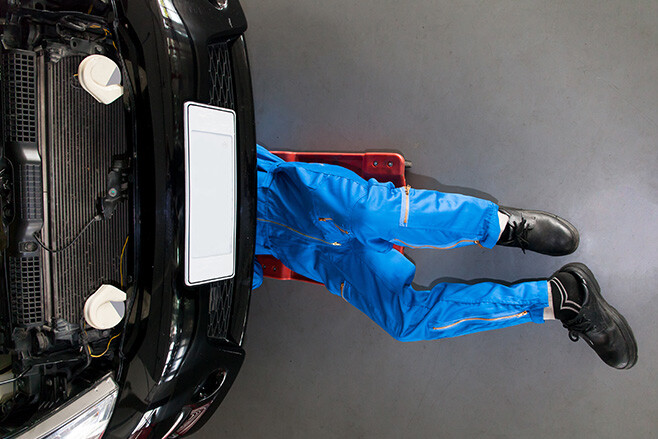[ad_1]
Snapshot
- Law change takes effect July 1
- Independent mechanics will gain access to OEM information
- AAAA and MTAA have campaigned for years
An industry lobby group says new car prices could rise from the second half of this year when legislation changes on who has access to manufacturer repair manuals takes effect next month.
From July 1, the Motor Vehicle Information Scheme (MVIS) will require service and repair information to be made available to qualified independent mechanics to purchase at a fair market price.
While some claim this will force up prices, others say it will finally save independents from going out of business and be better for consumers.
The amended law was passed by Parliament last year under the Coalition Government and initially only applies to passenger vehicles and light goods vehicles other than omnibuses, manufactured on or after January 1, 2002. It is designed to provide a fairer playing field for the repair and service of the 74 automotive brands available in Australia in an industry worth $23 billion annually.

8
Under the mandatory scheme, all Australian vehicle repairers will have fair access to the information needed to service and repair cars – rather than just car dealerships and their affiliates. This includes software updates to connect a new spare part with a car, and information and codes for computerised systems from a car manufacturer.
There will be no legal requirement for the wider public to be able to access the information – though carmakers can share it with consumers if they wish, but it will still not include safety and security details which can only be accessed by repairers who meet certain criteria. In fact, several companies already do allow access via an online paid subscription service.
According to the Federal Chamber of Automotive Industries (FCAI) however, the law change isn’t needed, and will come at a cost to consumers.
“We see it as regulation that won’t make any material difference to the marketplace,” said FCAI Chief Executive Tony Weber.

8
“We have a national car park of around 20 million vehicles – all being serviced and repaired without issue. It’s regulation for the sake of regulation and has only gone through now because the previous government wanted to appease small business.
“We know in the US this legislation has been introduced and made no difference. This information is available and in the public domain already in many cases through a cost or subscription. To our knowledge, the car companies in Australia who already offer it do not have a great uptake in the subscription, the purchase rate is extremely low.
“This legislation will come at a cost, and if that can’t be recouped through the subscription fee then it will likely push up new car prices. All additional costs have to be found somewhere. This will benefit some small businesses, but it won’t help someone trying to repair their own vehicle in their backyard.”
Companies such as Hyundai, Kia, Toyota and Lexus already offer repair manuals on their websites, which are publicly accessible for a subscription fee, but sources have told us many manufacturers are not keen to share the information because it drives customers away from servicing and repairing their cars at dealerships.

8
“Whilst we encourage our owners to service and repair their vehicles at our dealerships, we know this is not always the case,” a Hyundai spokesperson told Wheels.
“Thus, Hyundai has made repair manuals/information available to third party mechanics/repairers for several years now, and will continue to do so going forward. For us, it is important that our owners’ vehicles are properly maintained and repaired – even if this work is done outside our dealer network.
“We will still offer the same level of information as before. The only change is that there will now be a security check by AASRA, before users can access the repair information.”
Hyundai also confirmed there will, however, now be an additional $25 charge per VIN for accessing the security information (such as for key replacement). At present one day access to its repair manuals is $18.50, a working week is $75, a month is $200 and a year is $2000.

8
The changes were campaigned for by the Australian Automotive Aftermarket Association (AAAA) and the Motor Trades Association of Australia (MTAA), among others, because they say many independent repairers were prevented under the previous Competition and Consumer Act (CCA) from competing fairly for car servicing and repair work – creating additional costs for consumers as well as inconvenience and delays.
The fresh legislation will be managed by the Australian Automotive Service and Repair Authority (AASRA) – a joint industry-led body that has been appointed by the Government. The AASRA will be responsible for nominating mediators and technical experts to facilitate dispute resolution, reporting on its progress, and notifying the Australian Competition and Consumer Commission (ACCC) about any systemic regulatory or enforcement issues.
If manufacturers are found to be in breach of the law, the ACCC can issue infringement notices or commence Federal Court proceedings against them.
“This enables motorists to shop around for the repairer that offers the best price, service and convenience, knowing they will all have access to the information needed to complete the servicing or repair,” ACCC Chairman Rod Sims said.
“We believe the scheme provides a much fairer opportunity for independent Australian motor vehicle repairers to compete and will improve outcomes for consumers.”

8
The ACCC’s 2017 new car retailing industry market study found that independent repairers experienced continued problems accessing information needed to fix and service new cars. This was despite a voluntary commitment made by car manufacturers in 2014 to provide them with the same information provided to authorised dealers.
At the time, the ACCC recommended introducing a mandatory scheme requiring car manufacturers to share the information needed to repair and service cars with independents.
CEO of the AAAA, Stuart Charity, said around one in 10 motor vehicles taken to workshops are affected by a lack of access to service and repair information, which can often lead to higher service costs for consumers.
“It has been a long time coming, but will be welcome news for the automotive industry. We started campaigning for this law a decade ago and have been through two government inquiries and even through a voluntary agreement in 2014 which was a complete failure,” he said.

8
“What this law means is that the service and repair information that car manufacturers share with their dealership network must also be made available to independent repairers.”
One regional Victorian repairer told Wheels the upcoming law change “shouldn’t really affect mechanics with a proper scan tool” as they’ve never had many issues since its database can be updated to include new vehicle information over the air.
However, they added that it could be an issue for mechanics without such a tool, or a less comprehensive one, who relied more heavily on repair manuals or couldn’t address issues the scan tool can directly fix – such as fault codes.
Despite it having little impact on their business, they did feel it was a “good step for manufacturer transparency”.
In contrast, a Melbourne-based independent said the legislation was “pretty huge and is going to assist us big time”.
“A car is a computer on wheels these days, so we need the software information to do things,” they told us. “If we need to replace a component, the dealers and manufacturers will sell us one, but then when we install it we need to code it and we don’t currently have the access so it’s useless. We have to bring it back to the dealer, which takes additional time and is a big inconvenience.
“Take someone from the country for instance, they might not have access to a local dealer, so they’re forced to go to an independent – but that person can’t help them out. From a customer point of view you don’t have to go back to the dealer, you can take it anywhere you like.”
A similar scheme already exists in the United States, although not enshrined in law, but that too has not been without problems – especially in the state of Massachusetts where a messy legal battle is currently playing out.

8
According to Auto Service World, there has been significant pushback on ‘right to repair’ from dealers. They say having the information shared with the aftermarket means they lose exclusivity when it comes to repairing their brands’ vehicles.
Reports claims consumers could be the ones to suffer in the crossfire though, with US carmakers threatening to delete some features from their cars to avoid falling foul of the law.
Earlier this year in Massachusetts, Subaru removed its in-car wireless technology that connects drivers to music, navigation, roadside assistance and crash-avoiding sensors for this reason, reports WBUR. Some US car companies have also filed a lawsuit to challenge the changes, with a verdict delayed until July 1.
Canada also has a version of the legislation on the table.
“This sort of thing has been around in the US since 1999 – but as an agreement rather than legislation ,and the dealers have worked with independents to no-one’s massive disadvantage,” a source told us. “But in Australia, the manufacturers and lobbyists have known it was inevitable yet have been prolonging it being brought in as if every dealer is going to go out of business in a month, I mean really?
“It’s a shame, they’re recalcitrant and it’s ridiculous. The rest of the world is now looking at us to see how we are going to manage it.”
“I think the important thing here is to remember we’re the first jurisdiction in the world to actually mandate this process into law, and to do so for the benefit of the consumer and also for industry to then be in charge of how it’s implemented,” added MTAA CEO Richard Dudley, speaking on the issue on Thursday at the Australian Automotive Dealer Association’s (AADA) expo in Brisbane.
[ad_2]
Source link







